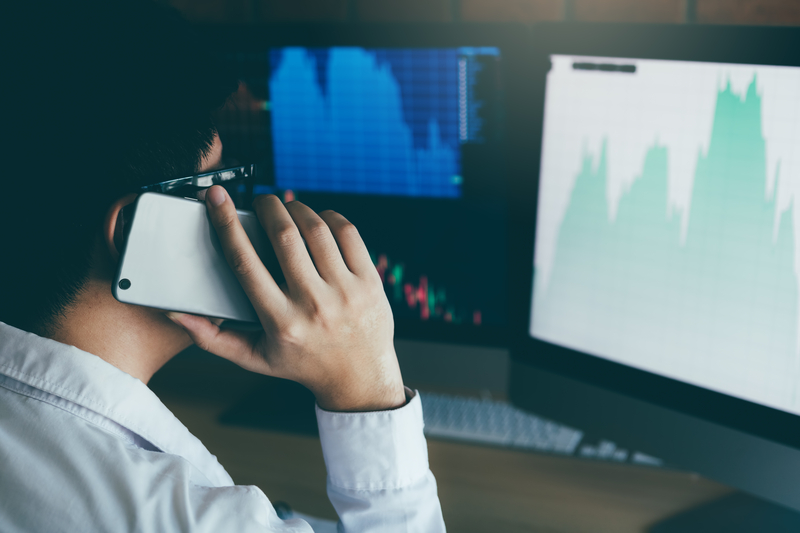While Covid-19 has had a largely negative impact on the global economy, the dynamic and increasingly versatile financial markets have not been so adversely affected.
The reason for this is simple; as some markets have blossomed as a result of coronavirus and changing consumer behaviors, with eCommerce businesses booming and the demand for grocery (and similar) delivery services expected to increase by 7.6% by the end of 2020.

This demonstrates the money-making potential of financial market trading, but how can you look to kickstart a career of this type?
Here are some steps to help you on your way:
Understand Your Motivation for Trading and Risk Profile
This is an important but often overlooked consideration, as your motivation will have a direct impact on how you trade and the amount of money that you hope to generate.
For example, if you intend to earn an additional stream of passive income before scaling your efforts over time, you’ll initially commit a modest amount of capital and increase this incrementally as you build profit.
The factors that motivate you to trade will also influence your risk profile, as traders with modest ambitions and smaller amounts of capital will look to minimize volatility and achieve incremental returns.
Conversely, those of you who want to launch a professional career quickly may invest higher sums of capital, creating a greater appetite for risk and more substantial returns.
Choose Your Assets and Markets
Your key motivational factors will also influence your choice of assets and markets, while the prevailing economic climate will have a direct impact on the decisions that you take.
As we’ve already touched on, it’s possible to generate a profit even as specific markets and the economy contracts, with investment vehicles such as spread betting allowing you to speculate on the performance of stocks and currencies and hedge against particular assets.
For those of you with an appetite for risk in the current climate, the forex market arguably offers the most intriguing and profitable option. Not only has the volume of daily trades peaked at $6.6 trillion of late, but the relative strength of the US Dollar has also helped to inform successful strategies during the fallout from Covid-19.
You can also use a demo account to access a simulated marketplace in real-time, enabling you to hone your key trading strategies without risking your hard-earned capital.
Understanding the Basics of Capital
We’ve already touched on the importance of capital, and you’ll have to follow a clear set of underlying rules when managing your money and optimising future returns.
The first rule of managing capital is to only ever invest what you can afford to lose, although it’s fair to say that this can be particularly challenging when trading derivative assets such as currency.
The reason for this is simple; as currency is traded on a marginal basis, which means that your losses can significantly exceed your initial deposit in the worst-case scenario.
So, it’s important to create a clear and manageable budget that can sustain viable losses, before looking to increase this in line with profitability.